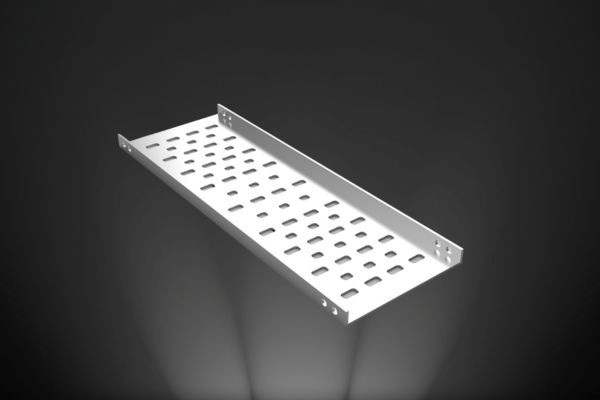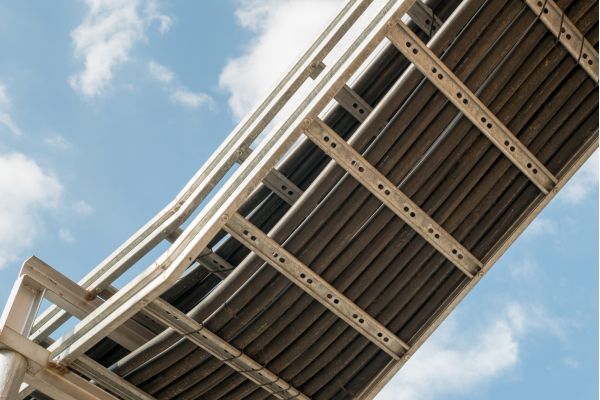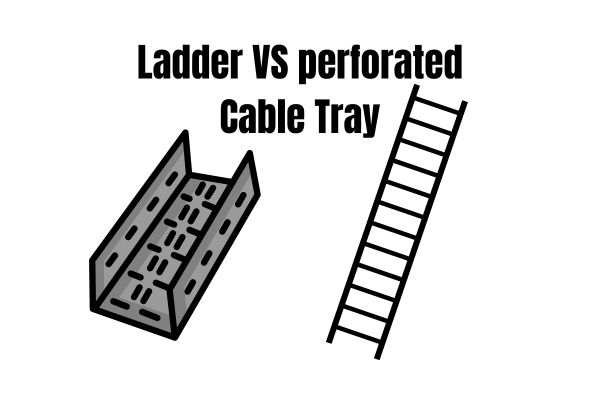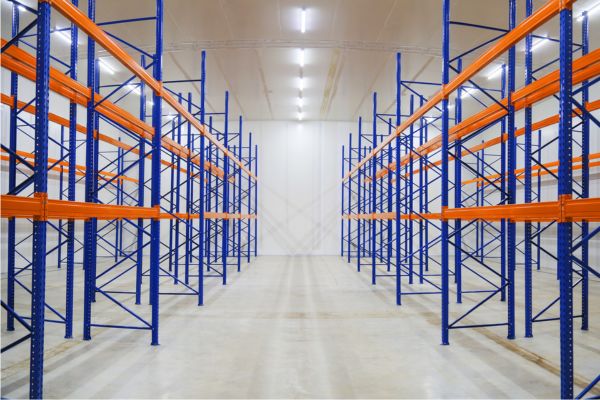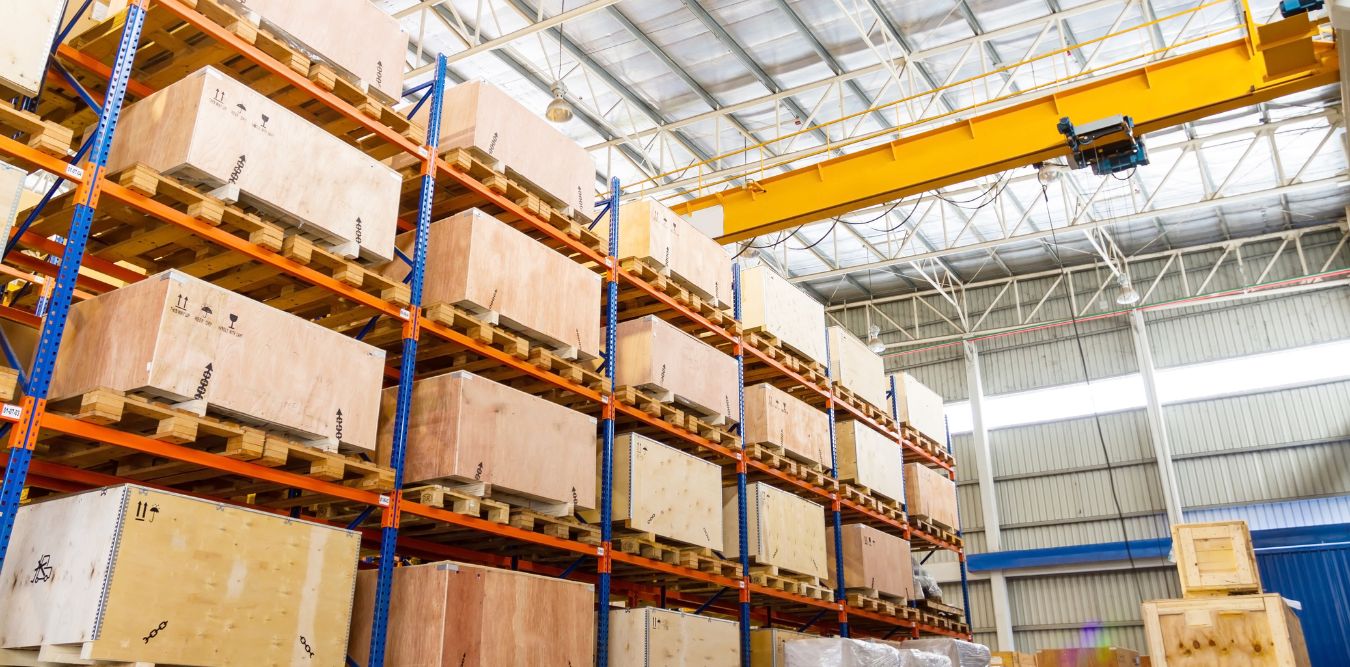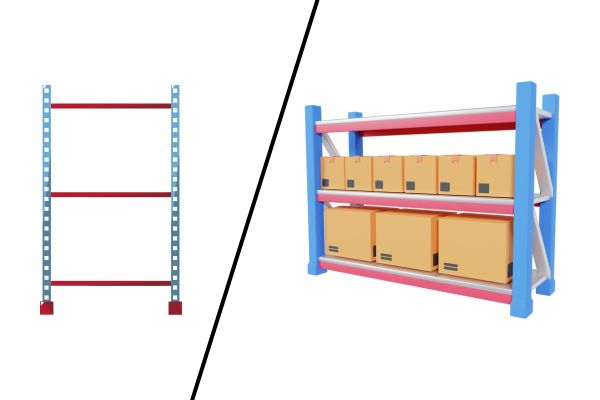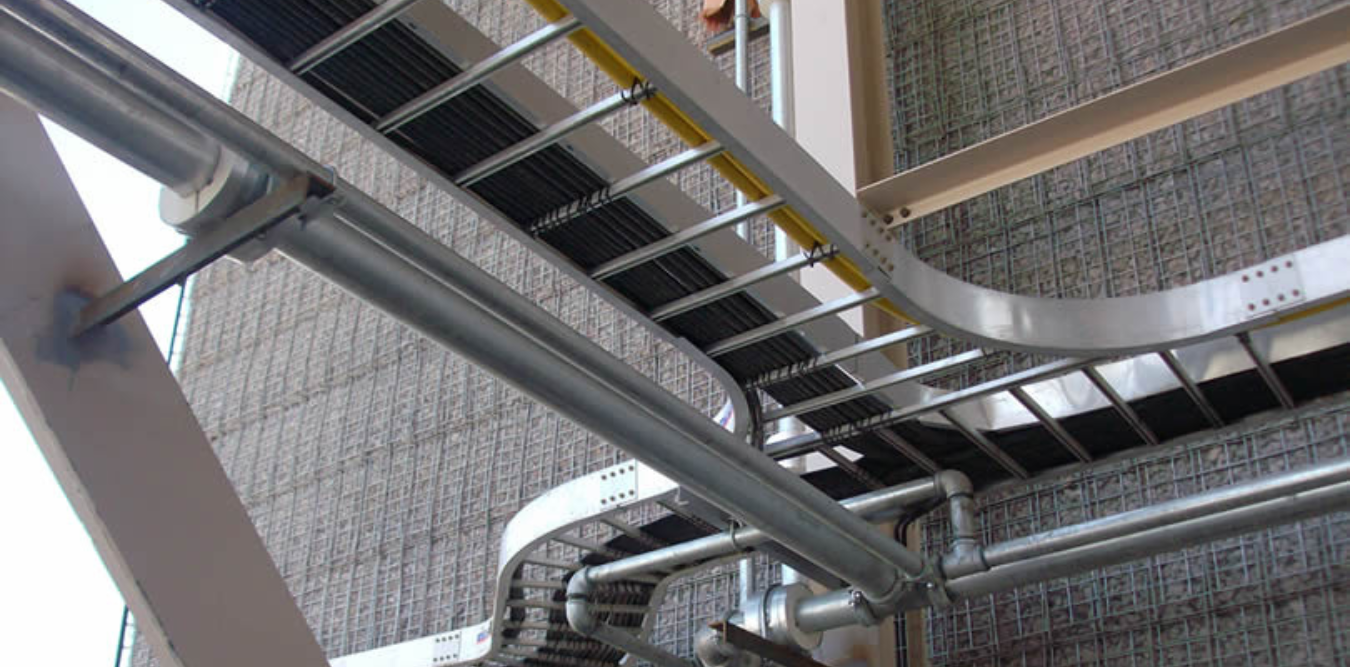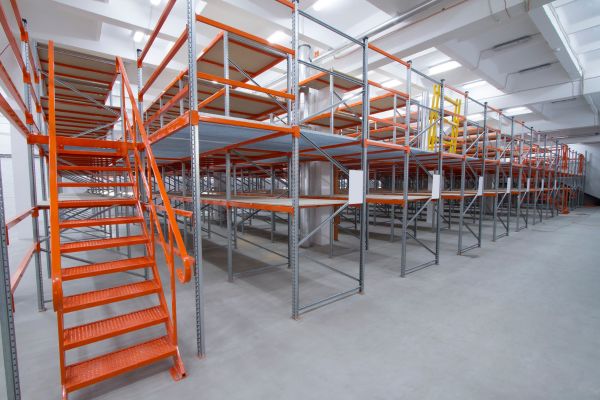In today's fast-moving business environment, efficient storage solutions are crucial for maintaining order, optimizing space, and ensuring easy access to goods and materials. Among the various storage options available, slotted angle racks are versatile and customizable systems catering to a wide range of needs.
However, when it comes to selecting the right slotted angle rack for your requirements, the decision often boils down to choosing between heavy-duty and light-duty variants. This blog will help you to know the differences between these two types, helping you make the right choice based on your specific needs.





